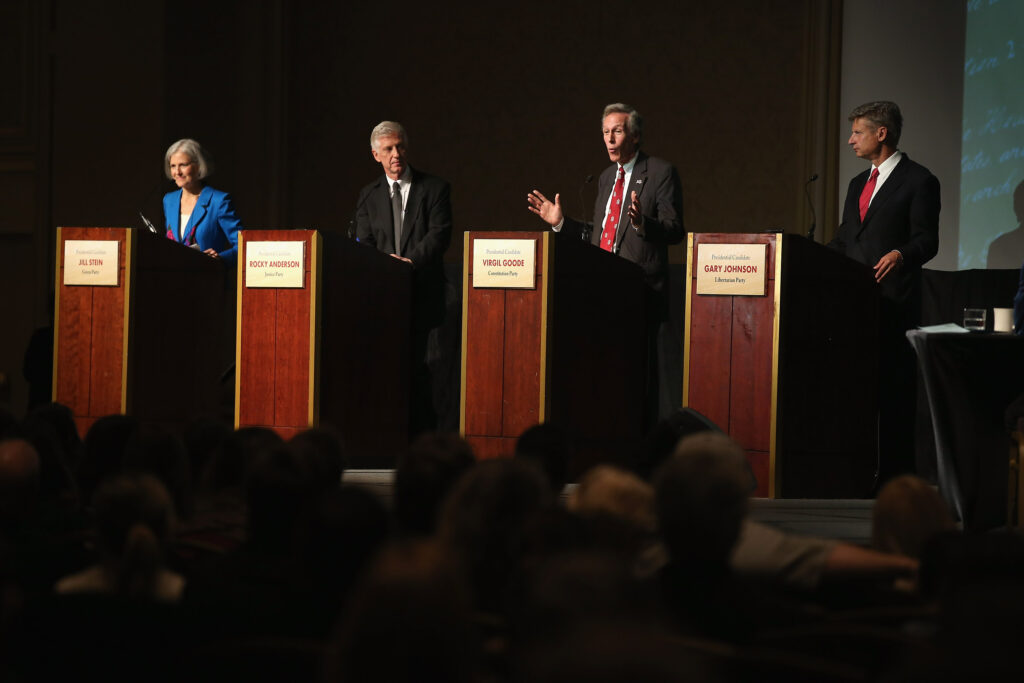In a striking development, the House of Representatives elected Louisiana Congressman Mike Johnson as its Speaker amidst a cauldron of political tension. Johnson, a figure with a contentious history regarding the 2020 presidential election certification, now holds a seat of substantial influence, stirring unease about the GOP’s intentions in the forthcoming 2024 election.

The newly minted Speaker, known for leading a legal charge aiming to overturn Joe Biden’s 2020 presidential triumph, now stands as a critical figure in the certification process for the next presidential election. His past endeavors, dismissed by a swath of legal experts and quashed by the U.S. Supreme Court, have been enmeshed in conspiracy theories propagated by former President Donald Trump to rationalize his electoral defeat.
Johnson’s actions post the 2020 election, particularly his vote against certifying Biden’s victory even after the harrowing January 6 attack on the Capitol, cast a long shadow on his current role. As Speaker, Johnson is now second in line for presidential succession following the Vice President, and is poised to play a pivotal role in certifying the 2024 election results.
Critics argue that having a figure, who previously challenged the electoral process, in a decisive position could undermine the voters’ will. Rick Hasen, a law professor at the University of California, Los Angeles, underscored the peril, cautioning that Johnson’s nuanced legal approach to disputing election outcomes could pose a significant threat.
Despite Congress tightening the presidential certification process post-January 6, some conservatives assert that the Constitution’s broad provisions supersede any legislative adjustments, leaving the door ajar for potential objections during the certification process.
The political landscape in January 2025, when the House will certify the next president, remains uncertain, with no assurance that Johnson will retain his position. Yet, the specter of a Speaker sympathetic to Trump’s cause, especially if Trump is the GOP nominee and faces electoral defeat, looms large over the democratic process.
Following his nomination, Johnson evaded questions concerning his role in disputing the 2020 election certification, reflecting the lingering discord within the House. The acrimonious exchange during the Speaker vote echoed the deep-seated political divide, showcasing the GOP’s eagerness to align with figures championing Trump’s narrative.
Johnson’s political trajectory, from his legal endeavors to his staunch defense of Trump, resonates with a faction of the GOP striving to challenge the electoral status quo. His association with high-profile individuals, like former Mayor Rudy Giuliani, and his participation in lawsuits attempting to overturn electoral results, highlight the enduring influence of the 2020 election narrative.
As Johnson ascends to one of the nation’s paramount political positions, the debate on election integrity and the peaceful transfer of power is reignited. Joanna Lydgate, CEO of States United Democracy Center, encapsulated the prevailing apprehension, questioning the ability to uphold democratic principles in the face of skepticism towards the electoral process.
With the peaceful transition of power being a cornerstone of democracy, Johnson’s ascent has amplified the discourse on election integrity, signifying a potentially tumultuous path as the nation approaches the next presidential election.



